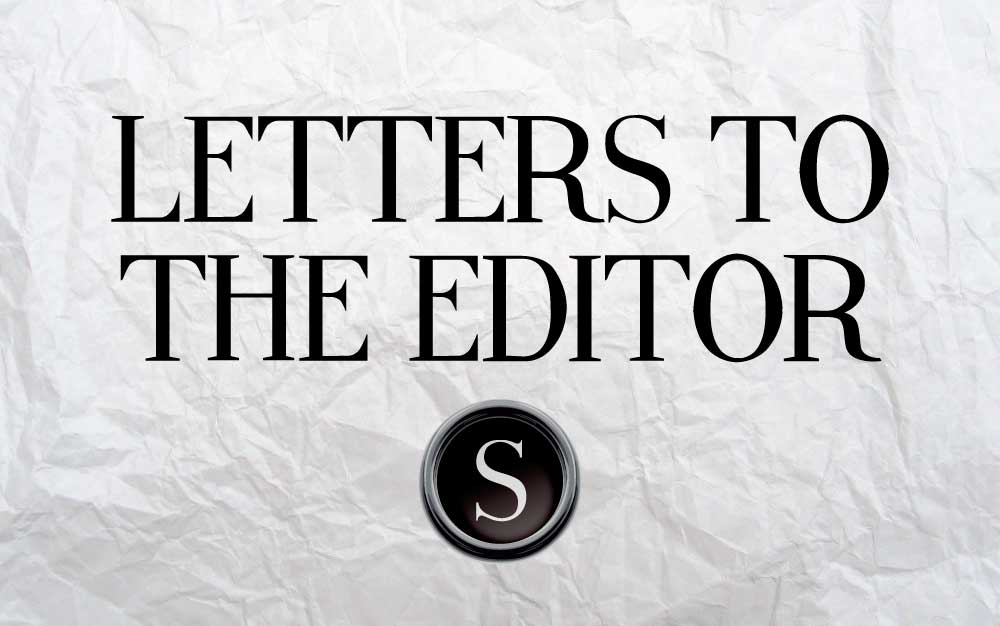One cannot talk about feminism without acknowledging that in the past, we haven’t always fought for the rights of everyone. In fact, as sad as it is to admit, the woman’s suffrage movement was actually about white women’s right to vote and work outside the home. The history of the U.S. tends to be a tad racist—scratch that, it is actually a lot racist. However, we can’t just put this ugly past behind us. In order to move on and learn from it we have to take it head on. It is important that we recognize that there are issues of race that are still at work today. Race is one important part of intersectionality but there are several other institutions of oppression that intersectionality covers as well.
Intersectionality is a key concept within feminism and also an important one. It is probably also one that most people don’t understand or haven’t heard of. Personally, we did not become familiar with this word until we took a Women and Gender Studies Class here on the NDSU campus. Intersectionality is a concept that describes how different institutions of oppression can work together. These institutions include racism, sexism, homophobia, classism, ableism and others. Basically, different people have many of these institutions working against them which in turn means they navigate life differently than others. These institutions are used to oppress people. The key thing here is how these institutions cannot be separated. For example, the oppression of a white woman will be different than that of a black woman. A white woman will understand how her gender/sex is oppressive while the black woman will experience how her race and gender/sex are oppressive and how they work together. A disabled person will find different disadvantages in life than someone who isn’t. There are many factors that can contribute to oppression and each factor affects people in different ways. There are things that some of us won’t be able to relate to, but it is still worth the fight.
It is impossible to separate race, gender, class, sex, etc. These categories and oppressions work together to create unique experiences for the individual. We as individuals have a choice to identify these intersections and create a difference in our lives. It is okay to begin questioning yourself and how this is affecting you. We can make the change, we can make equality happen. It all has to start with you.
Sincerely,
Carly Deal, junior, women and gender studies and international studies
Jessica Murray, senior, human development and family science
Cassandra Wood, senior, apparel and retail merchandising design
Hannah Stevens, senior, English

One Reply to “Letter to the Editor: Look Around You”